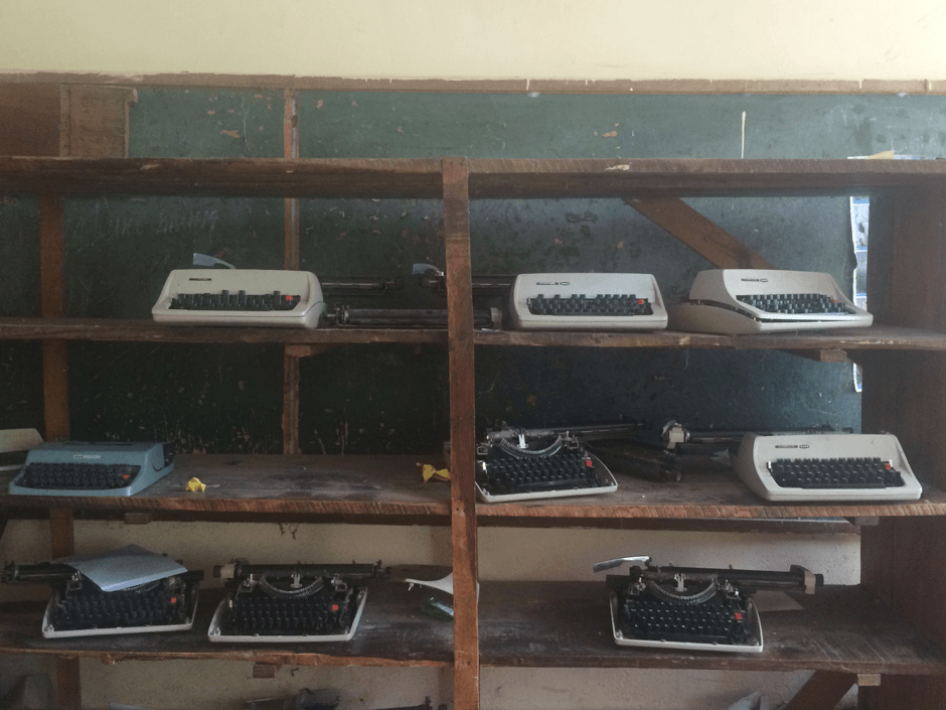“Nasser” wants to be a lawyer. The 18-year-old secondary school student in Shinyanga, Tanzania, is blind, and has barely any access to notes in braille or a braille writer - both essential study tools for him. Denied the same opportunities as his peers, sheer determination is what keeps Nasser going.
Nasser has many ideas on how to improve education for students with disabilities who, like him, must tackle innumerable obstacles along their education journeys. Unfortunately, he hasn’t had the opportunity to share any of them with those in government. “They [should] know the problems we are facing,” Nasser told me.
Sadly, Nasser is not alone in his struggle. Hundreds of millions of children and adolescents are unable to attend school around the world, and many others are forced out of class. Most children in these circumstances know all too well what is keeping them out of school, and their experiences are captured in our new report, The Education Deficit.
Barriers to education are persistent and systemic, and include the high cost of school fees, discrimination, and abuse. Many girls are excluded from school due to bad laws and policies. Discrimination against children with disabilities affects access to education for millions, despite a legal duty for governments to eliminate all forms of discrimination. And corporal punishment, sexual violence and harassment still darken many students’ experience at school, because governments have failed to make schools safe.
In the UN’s new Sustainable Development Goals, a new era for education has been proclaimed, with all governments agreeing to work together to “ensure inclusive and quality education for all” by 2030, including – for the first time – for secondary school pupils.
Governments, donors and leading education actors are in Oslo this week, discussing how to match resources and strategies with this global ambition. These governments should fulfill their human rights obligations, and display the political will to eliminate barriers and tackle discrimination in education.
But they should also be more accountable. If they are serious about “quality education for all”, they should put strict guidelines in place and make sure school officials follow them properly and, at the school level, invest the necessary resources.
And they should not wait 15 years to do this. For students like Nasser and millions of others, governments need to act now.










